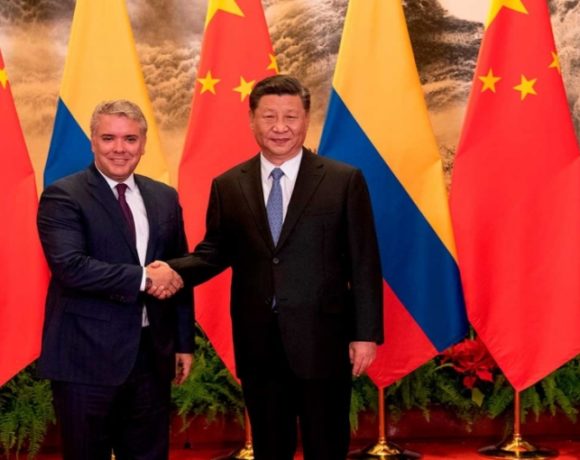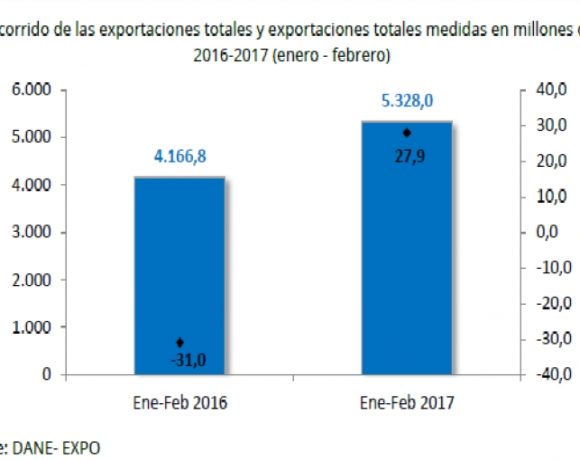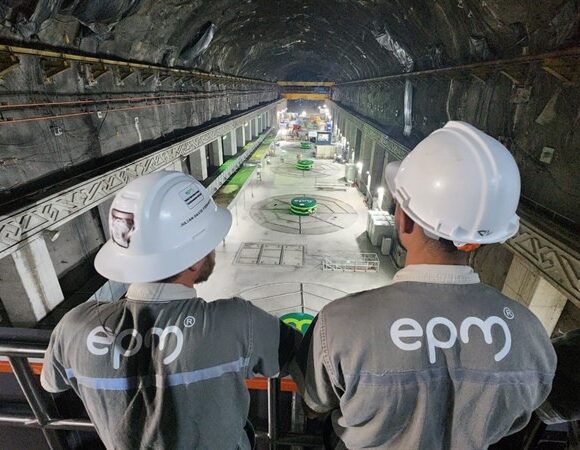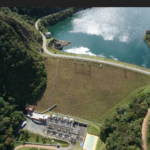Petro, Colombia’s Business Sectors: Economic Goals Similar, but Smart Pathways Must Emerge

Colombia’s new President Gustavo Petro and Colombia’s business trade associations are publicly endorsing broad goals for boosting economic growth, improving the lot of poorer populations, cutting income inequality and moving toward a “greener” future.
But the national tax proposal put forward by Petro and his Finance Minister this month ironically might only help the poor with two or three years of tax transfers, followed by years of economic stagnation caused by crushing tax burdens on most jobs generators, along with tax schemes that would only accelerate the destruction of fiscally crucial energy and mining industries.
In a speech last week to Colombia’s biggest national industrial-commercial trade association (the Medellin-born ANDI), President Petro outlined lofty-sounding goals for a Colombia that would disincentivize exports of oil and minerals, cut income inequality via higher taxes on individuals and companies (ironically hitting middle-class people making just US$2,500 per month), target unhealthy beverages and foods, and accelerate the move away from oil-and-gas and mining industries to “greener” schemes.
Yet all those goals could be achieved much-less-painfully — and more practically — with a gradualist, more market-based approach as favored by ANDI and many other business and consumer advocates.
That’s especially important given today’s painful inflation problems and Colombia’s relatively fragile attractiveness for both domestic and foreign jobs-creating investments. Boosting industrial/consumer/employee taxes now — including a proposed doubling of taxes on investors — on the very sectors generating most jobs, tax revenues and economic growth inevitably would turn counter-productive, as most economic experts here publicly acknowledge.
What’s more, Colombia already has been on a decades-long, gradual pathway of improving the lot of poorer populations and cutting inequality via dramatic improvements in free or low-cost health care, free public education, low-cost job training programs, expanded social welfare payments, food and medicine subsidies, retirement subsidies, free vaccination campaigns, vastly improved public utilities, dramatically improved highway infrastructure, diminished levels of armed conflict with guerilla groups, and a total avoidance of violent foreign entanglements.
Colombia presumably could continue on this gradualist approach, perhaps with a scaled-down version of Petro’s tax proposal. For example: it’s possible to imagine new incentives for alternative production and consumption of “greener” or “healthier” products and services via tax deductions offered to producers and consumers of some of today’s less-friendly products or services — just as can be seen in many tax policies in North America and Europe, for example.
In his closing speech to the ANDI national convention in Cartagena last week, ANDI President Bruce MacMaster publicly praised President Petro for publicly sharing his vision and hopes for Colombia’s future with ANDI’s members.
“Opportunities and employment are definitely the best way, the safest, the most concrete, the most sustainable and the most proven to be able to overcome the limitations in terms of poverty that any society has,” MacMaster said, speaking directly to President Petro as well as to the assembled, standing-room-only crowd.
“And we are convinced that we are a fundamental part of that pathway, as the companies of Colombia — from the micro to the large — are the best and largest generators of employment.
“[President Petro] said it here, as also said in your inauguration speech, that we have to generate wealth, production and opportunities, that if we do not generate wealth, then we do not have anything to distribute, and wealth must be capable of meeting social needs.
“Competitiveness is extremely important and, of course, involves generating a friendly, reasonable and stable environment for the business world. And in that we are completely willing to read the signs that are given to us.
“And I want to make a special mention of conversations we had with your Minister of Finance in which we talked, for example, about the opportunity that Colombia has to be highly competitive in environmental matters, given the capacity we have to produce in our country, with a carbon footprint much lower than in the rest of the world, a small fraction of what it takes to produce in China. We are sure that we can turn this into a great competitive advantage for the country,” MacMaster concluded.
















